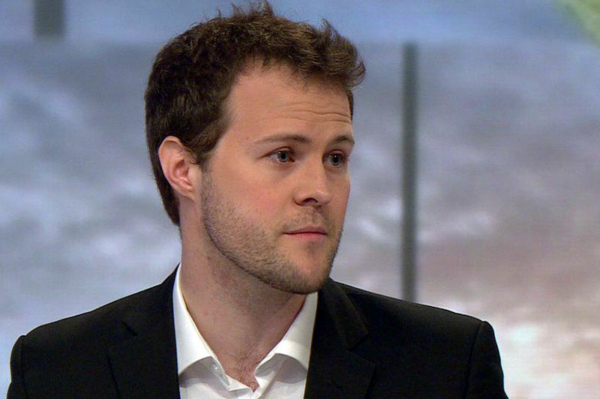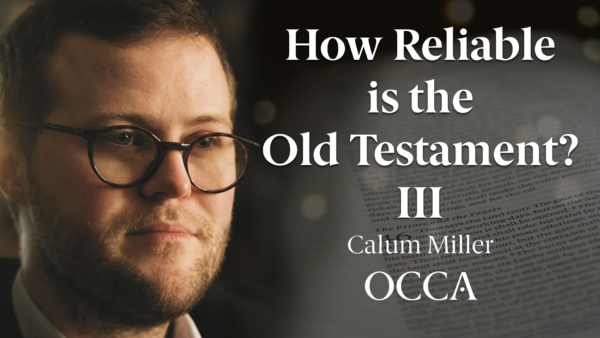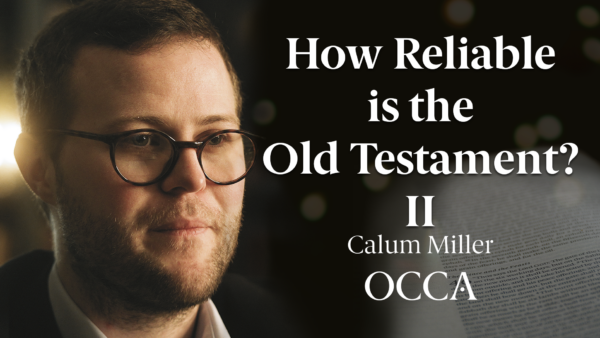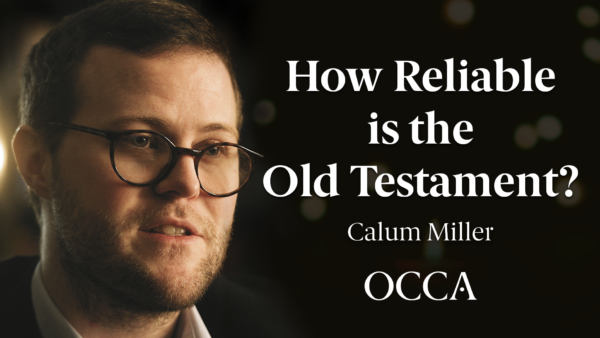Calum Miller

About
“Trust in the Lord with all your heart and lean not on your own understanding.” – Proverbs 3:5
Dr. Calum Miller is a medical doctor and a research associate in bioethics at the University of Oxford. He has published academic papers on topics such as God’s existence, academic freedom, probability theory, and beginning of life ethics. His extensive work on bioethics has earned him prizes from the University of Oxford and the Royal College of Psychiatrists.
Calum has spoken on these topics to a wide variety of audiences across the world, and regularly appears on mainstream media. He is currently working on three books that cover ethical debates such as Abortion and the beginning of life.
If Calum is coming to speak at your event, please find some publicity material here.




